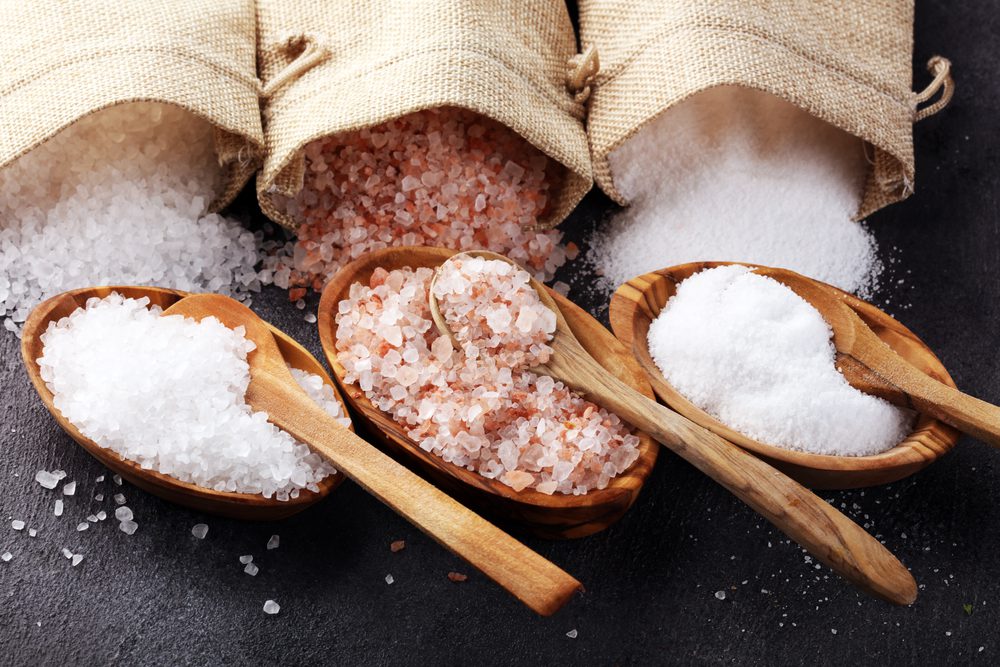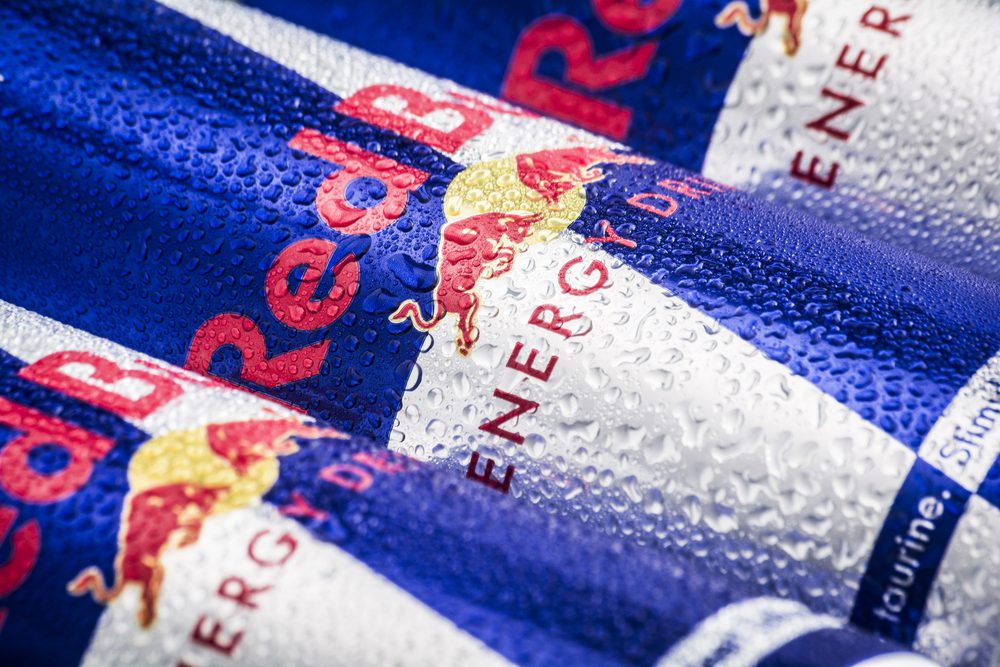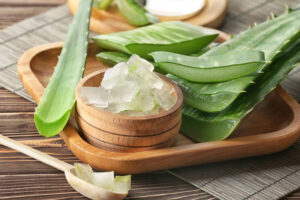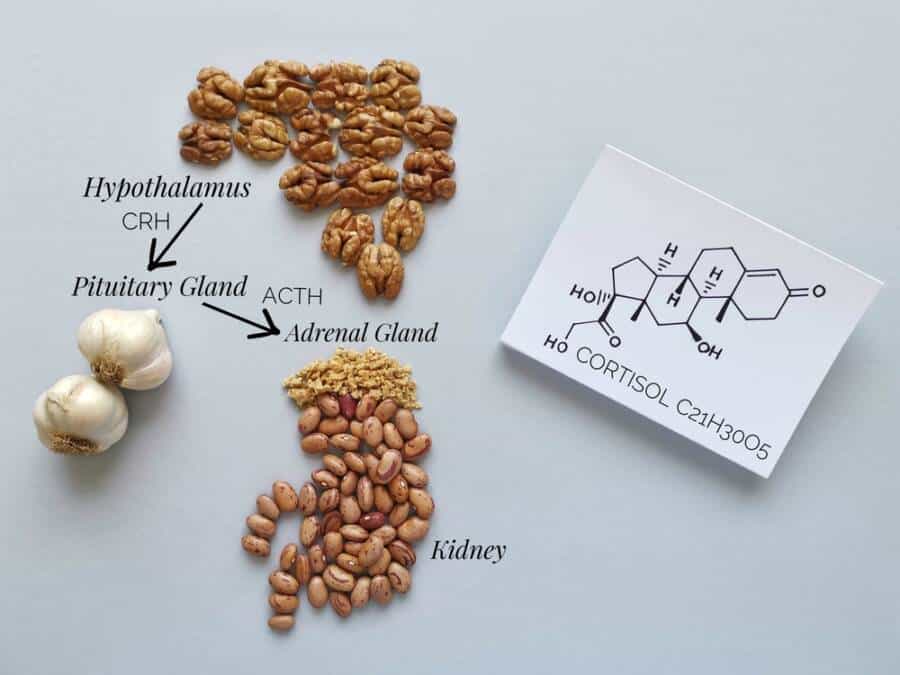If you want to be successful, look up to successful people and try to walk in their shoes.
So if you want to be healthy, who should you follow?
Although the term ‘nutritionist’ wasn’t so popular a few decades ago, today we’re listening to these experts’ advice more than ever – especially since their voices can be heard much easier via social media. Of course, I’m not saying that every person labeled as a ‘nutrition expert’ is really advertising for the right things – but if you do find a trustworthy one, look closely at their own life habits.
The best way we can learn to live a healthier lifestyle is by adopting the same habits as nutritionists – but if you’re a beginner in the healthy eating area, going from tacos to broccoli may seem overwhelming.
So what can you? It’s easy: start by eliminating the most dangerous foods nutritionists never eat.
Today, we’ll have an inside look at some of the top nutrition experts’ recommendations as to what you should cut from your diet immediately, as well as their substitutes. If you want to learn more about nutrition, this book gives you the know-how to start eating healthy and easily cut calories.
P.S. I must admit I’ve never thought that no. 2 is really that bad!

1. Artificial sweeteners
Sugar – one of the most feared enemies of the 21st century. Delicious as it may be, this ingredient slowly, but surely, increase your risk for chronic illnesses such as diabetes, heart disease or blood circulation problems. This is the main reason why more and more people are turning to artificial sweeteners – but are they really as healthy as they seem?
Chelsey Amer, RD and nutritionist, says no.
Firstly, she explains that there’s just not enough scientific evidence supporting the theory that artificial sweeteners are healthier than the actual sugar. In fact, many studies proved that consuming beverages labeled with words like ‘diet’ or ‘sugar-free’ can counter-intuitively lead to unhealthy weight gain.
Amer says that she prefers to satisfy her sweet tooth by consuming smaller portions of foods with ‘the real deal,’ which is actual sugar.
2. Low-fat peanut butter
According to Megan Faletra, MS, integrative dietitian nutritionist, explains that reduced-far peanut butter are often filled with added sugar and flavors to make them seem as delicious as their full-fat alternatives. Unfortunately, though, this trick only makes you eat unhealthy ingredients that might lead to weight gain much faster than eating full-fat, organic peanut butter.
Faletra points out something very important: the fat in organic peanut butter is 100% healthy and your body actually needs it just as much as it needs other nutrients too.
The way you store peanut butter can also make a huge difference in its nutrient properties and freshness.
3. Margarine
I must admit there was a point in my life when my family and I ate margarine every single day: it was tasty, easy to spread and more affordable than actual butter.
Unfortunately, though, margarine is one of the unhealthiest foods you could ever eat, according to nutritionists.
Faletra explains that almost every margarine out there is mainly based on highly processed vegetable oils, preservatives, and other chemicals that make it seem creamy and tasty. Not only is butter healthier overall, but it also gives you the good fats your body needs to gain energy daily.
Grass-fed organic butter is the healthiest option you can get right now – but make sure to consume it in moderation to avoid excess of fat.
4. Pop tarts
They’re colorful, fun and leave you drooling every time you see one – what can be better than pop tarts?
Turns out, a lot of things – at least that’s what Ha Nguyen, a registered dietitian nutritionist, says. Some of the main ingredients in this popular treat are overly processed sugars like corn syrup, dextrose, high fructose corn syrup, along with artificial flavors and preservatives.
If you’re used to eating pop tarts for breakfast, Nguyen compares them with candy bars – so make sure to eliminate them from you or your kids’ diet as soon as possible.
5. Hot dogs & sausages
If you can’t imagine a ball game without hot dogs or sausage sandwiches, you’d better start because both options can seriously negatively impact your long-term health.
Andy De Santis, a registered dietitian nutritionist, begins by explaining that hot dogs are high in unhealthy fats and low in protein – which is a devastating combination for your diet. Furthermore, both options are basically made of highly-processed meats, a food category long known for increasing your risk of cancer and other digestive problems.
Lastly, every hot dog or sausage is almost always accompanied by other ingredients that are equally unhealthy like white bread or sauces. De Santis recommends switching these options with healthier snacks like nuts or lean meat sandwiches.
And since we’re talking about meat, let’s discuss another popular food from this category…

6. Deli meats
I’m not saying that every deli meat is bad – but there are so many unhealthy options on the market right now that it’s just not worth the risk.
According to nutritionists, processed deli meats often contain dangerous additives like carrageenan and nitrates which increase your risk of inflammation, thus reducing the strength of your immune system. These varieties can also increase your long-term risk of colon cancer, so make sure to cut them from your diet immediately.
However, Faletra points out that you can safely enjoy organic, antibiotic-free deli meats from trusted brands if you find them in your area.
7. ‘Boutique’ fruit juices
If there’s anything you can find on the market right now, it’s products labeled as ‘healthy’ or ‘loaded with vitamins’ when all they really offer is artificial flavors and added sugars.
Unfortunately, this includes many boutique fruit juices that seem fresh and healthy too. Although they’re expensive and look very appealing, many of these juices contain plenty of empty calories that make you feel full for a short period of time without actually offering real calories.
De Santis highly recommends eating whole fruits instead of drinking such juices. Firstly, this option allows you to get the full nutritional benefits of the fruit’s skin, which automatically increases satiety. Secondly, eating whole fruits reduces your overall sugar intake because even fresh, authentic fruit juices contain much more fructose than you’d get by eating the whole fruit.
8. Blended fruit yogurt
I don’t think there’s any person who doesn’t like fruit yogurts. Not only do they taste and look delicious, but these colorful treats also seem incredibly healthy! After all, it’s fruit and yogurt, right?
Wrong. Unless you buy the yogurt and add whole fruits to it at home, you’re probably just eating a combination between artificial flavors, preservatives and plenty of added sugar (or worse, artificial sweeteners!).
Rachel Straub, MS, certified strength and conditioning specialist, explains that store-bought blended fruit yogurts are like eating ‘dessert for breakfast.’ She also adds that ‘nearly 50 percent of the calories can come from added sugar, so they just aren’t a healthy choice. I would much rather have a plain yogurt with a piece of real fruit.” Or add any of these healthy toppings.’
9. Doughnuts
This is perhaps one of the most popular treats in our country – and for good reason. Doughnuts are soft, tasty, colorful and come in such a wide variety of flavors that you just can’t say ‘no…’ although you should.
Jamie Logie, personal trainer, nutritionist and wellness coach, explains that most doughnuts on the market are made using refined white flour, which is also often genetically modified.
This type of flour can be very dangerous because it brings an instant spike in your blood sugar levels; combine it with the overwhelming amount of sugars and you’re in for a sugar rush that can seriously damage your health and digestion.
On top of all of that, doughnuts are deep-fried using oils that have probably been used many times before. This process has been long known to increase the risk of clogged arteries and cancers.
10. Soy protein
Although soy itself is generally considered to be healthy, you can ruin its nutritional properties depending on how you consume it – especially when it comes to soy protein.
Lynn Anderson, PhD, nutritionist and health advocate, says that unfermented soy protein is far from being as healthy as it’s advertised. Most soy manufacturers in our country are genetically modified to withstand glyphosate, a common weed-killer ingredient. That glyphosate can never be eliminated from the soy, which means we end up eating that weed killer chemical along with soy protein as well.
Of course, you can safely enjoy soy dietary supplements (including soy protein) every now and then, but make sure to avoid daily intake since it can increase your long-term risk of kidney illnesses.

11. Table salt
What would food be without salt? Probably just a mix of bland ingredients that take away our pleasure of eating, right?
We’re not advising you to quit salt altogether – and nutritionists aren’t either. In fact, this spice is extremely beneficial since it’s the top source for iodine.
However, some of the most popular foods right now are overloaded with salt. Frozen meals, pizza, fast food, deli meats and many other ingredients contain way too much salt than your recommended daily intake! Over time, too much salt can lead to unwanted weight gain, cardiovascular problems and cholesterol fluctuations.
Anderson recommends switching to Himalayan or Celtic salt every time you’re at home and reducing your daily intake as much as possible.
12. Pre-packaged sushi
Grocery store sushi has become increasingly popular over the past few years – and why wouldn’t it? It looks delicious, it’s accessible and often more affordable than ordering takeout at a sushi restaurant.
However, it can be extremely dangerous too for many reasons, nutritionists advise.
Keith Ayoob, Ed.D., explains that your main reason of concern regarding this food is its manufacturing date. In simple terms, you just can’t know how long that sushi has been staying on the store shelves or where it truly comes from.
Sushi is usually made using temperature-sensitive ingredients that don’t last for very long (think fish and cheese creams). Depending on the source of the sushi, it may be old enough to give you digestive problems.
Secondly, Ayoob points out that you may not even know if that fish comes from a trusted source – or if it’s even real fish at all. Today’s manufacturers can use so many preservatives and artificial colorants that they can make any fish look like a delicious piece of fresh salmon.
When it comes to pre-packaged sushi, it’s just not worth the risk.

13. Energy drinks
The pandemic life may have left us all feeling tired and energy drinks seem like the perfect way to get that long-needed boost to get through the day.
But they’re also one of the most toxic sources of caffeine you can find on the market.
According to nutritionists, energy drinks ‘have just lots of caffeine and stimulants. That’s not energy—it’s speed. For real energy you need sleep, and there’s no substitute for that. You may also need a good breakfast, too.’
Furthermore, this product is overloaded with sugar which messes with your blood sugar levels, often leaving you much more tired than you’d normally be. If you really need an energy kick, it’s best to stick to a healthy cup of homemade coffee.
14. Refined grains
Okay, I’ll be honest here: refined grains are definitely not the unhealthiest thing on this list and nutritionists are consuming them too occasionally.
However, it’s always best to choose a healthier alternative every time you can, says Caroline Apovian, MD, director of nutrition at Boston Medical Center. Some of the most popular foods that contain refined grains are white bread, pasta, white rice and cereal.
To avoid refined grains, the simplest thing is to read the label so you make sure that you pick a truly healthy option.
15. Canola oil
Canola oil is a very confusing product because it’s been advertised as healthy for a very long time. At some point, it was so trendy that everyone used it to fry foods, make salads or even bake cakes or pastries!
Unfortunately, though, functional diagnostic nutritionist Cate Ritter explains that most canola oils nowadays are genetically modified – which means they lack beneficial nutrients. Today’s canola is highly processed, bleached and deodorized and all of these processes only add chemicals to it.
Guess who ends up eating all those unhealthy ingredients? That’s right: you.
If you can find a trusted source of canola oils, it can be a great addition to your diet due to its high content of omega-3 acids.
You may also want to read Are These 10 Delicious But Expired Foods Safe To Eat?













